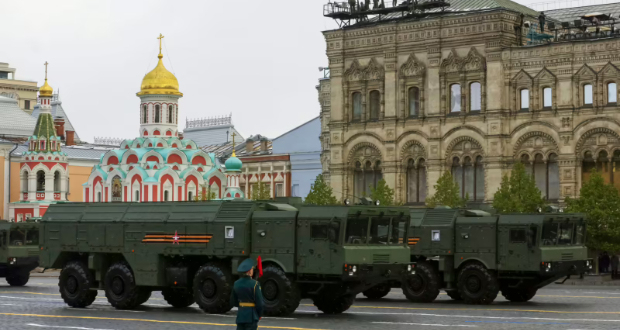“Putin’s war is about redrawing the map of Europe. But it is also a war on our Union,” said European Commission President Ursula von der Leyen, referring to Russia’s 2022 invasion of Ukraine.
Putin, warned U.S. Defense Secretary Lloyd Austin, “will not stop” in Ukraine. “Quite frankly, if Ukraine falls, I really believe NATO will be in a fight with Russia,” Austin added.
In his June 2024 Presidential debate with Donald J. Trump, President Joseph P. Biden referred to Russian intent to conquer Poland and other NATO countries multiple times, stating that if Russia won in Ukraine Putin would “move on to Poland and other places.”
The assessment of this claim has profound implications for NATO’s future and the policies of its member countries. If Russia is determined on further European military conquests, this calls for policies based purely on resolute military deterrence.
This paper argues this vision of Russia’s motivations and incentives is far too simplistic. A fuller, more nuanced reading of the Kremlin’s policies and strategic culture, as well as the incentives and disincentives created by the current military balance in Europe, paints a different picture of Russia’s intentions and interests — one that suggests that Western deterrence, while prudent and necessary, will be dangerously counterproductive if it is unaccompanied by a diplomatic framework for long-term strategic stability in Eastern Europe and the post-Soviet region.
To fully understand Russia’s posture, it is necessary to assess the evidence of Russia’s stated intent and strategic goals and the objective military situation that Russia would face in a conflict with NATO. Is Russia, in fact, committed to further European conquests, or does it perceive itself as engaged in a more defensive posture against an already powerful NATO deterrent?




